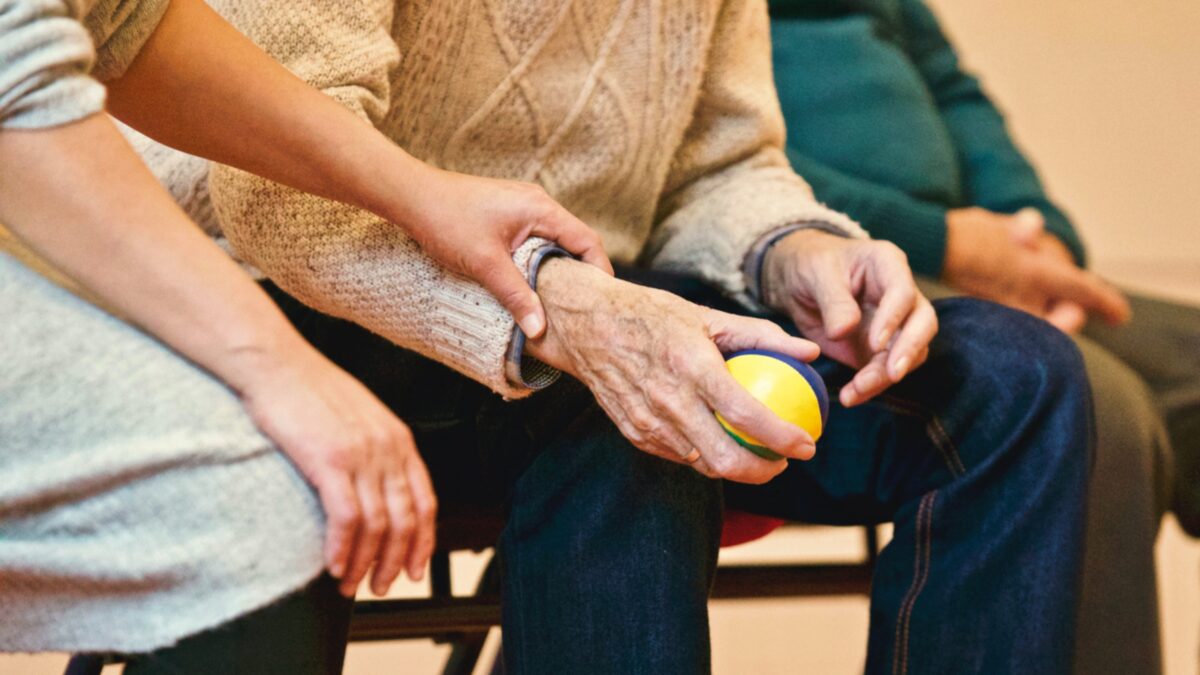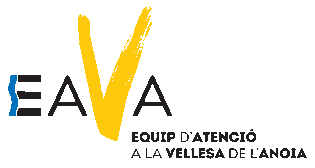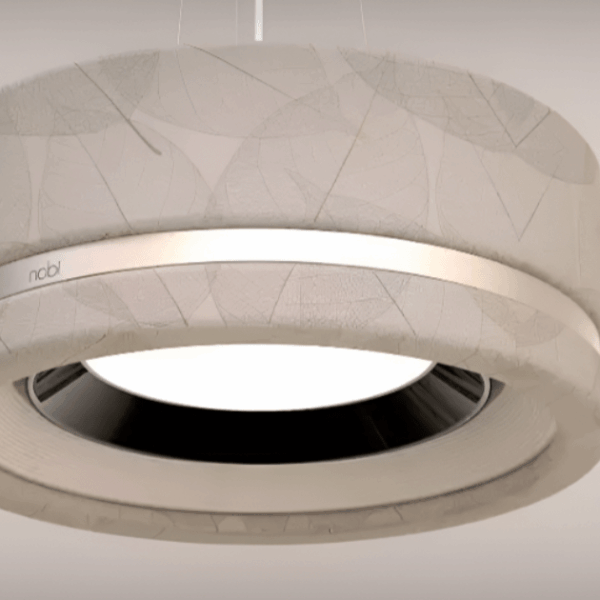EAVA, integral service against elder abuse

EAVA, integral service against elder abuse
Regional Council of Anoia

Service specialised in the detection and accompaniment of elderly people in the county of Anoia. Promoted and financed by the Consell Comarcal, the aim of the team is to detect and prevent situations of abuse, on the one hand, and to offer multidisciplinary care to protect and reduce the possible damage caused in these situations, on the other.
The Anoia Elderly Care Team (EAVA) is a pioneering public service in Europe that makes visible and tackles a problem that is gaining strength in the context of generalised population ageing. According to the World Health Organisation, 15% of people over the age of 65 suffer abuse, although the official data do not reflect this figure because reporting is rare.
The service is mainly aimed at elderly people who are known or suspected of suffering situations of abuse –physical, psychological, sexual or economic or derived from abandonment, negligence, self-neglect and violation of rights– both at home and in institutions. According to the statistics presented by the EAVA, elder abuse is feminised –more than 75% of the cases are women– and the aggressors are mostly children and non-professional carers.
The team is multidisciplinary; it is composed by a network of experts from different fields to offer a comprehensive view of the situation. It coordinates on a daily basis with the professionals who care for the elderly to detect suspicions and emergencies and prevent abuse. It also advises, assesses and intervenes on a case-by-case basis. Generally, the unit opts for mediation rather than legal action, although if it does so, it offers the elderly accompaniment before the courts. However, the direction of the service is not unidirectional: any professional in the field of social services, social entities and health services can request the team’s service and jointly coordinate individualised care.
Thus, the EAVA highlights the need for co-operation between a wide co-ordinated network to detect and take action against elder abuse. The collaboration is intended to be comprehensive and to go beyond social services, including notaries and bank offices in the county useful for detecting financial abuse. In this sense, given that the membership and impact of the team’s actions require efficient coordination, the EAVA has provided training to health personnel, social service workers, judges and regional police officers.
Characteristics of innovation
Localization
Anoia, Catalonia
Partners / Funders
Barcelona Provincial Council funded the service from 2015 to 2019, as a pilot scheme. Since then, the County Council has decided to maintain the service and allocates a grant of €70,000 per year.
Genesis
The county of Anoia had already been aware of the issue since 2009, as a result of the work carried out by the Anoia Elder Abuse Commission. This led, in 2011, to the drafting of an Action Protocol against elder abuse in Anoia, involving various social services, health and law enforcement agencies. The initiative of the specialised team was born from serious suspicions of abuse and mistreatment of the elderly by doctors and social workers who did not know how to proceed. Thus, in 2015, the EAVA Pilot Plan was launched, with the support of local administrations, the Fundació la Caixa, the Generalitat de Catalunya and the Diputació de Barcelona.
Level of implementation
The results obtained by the EAVA can be considered successful in many aspects. On the one hand, since the service was set up in 2015, the team has attended to 236 abused elderly people, 67 of whom were attended to in 2022. In addition, the majority of communications to the courts have been resolved favourably. On the other hand, the EAVA has contributed to a greater awareness among professionals, who are now able to detect risk factors and signs of abuse more easily. It also highlights the enrichment of the knowledge of the professionals as a result of working in a network with a common objective and the interdisciplinary and specialised model for the attention to vulnerability is shown to be satisfactory. Thus, as a result of the success of the EAVA, there is a demand for the service to be provided by the Generalitat and it is considered necessary to extend the service throughout Catalonia. For the time being, many County Councils have shown interest in the initiative and the county of Bages will soon replicate the model.

Banc d’innovacions







